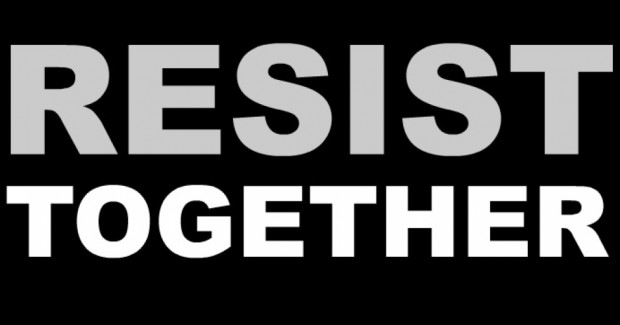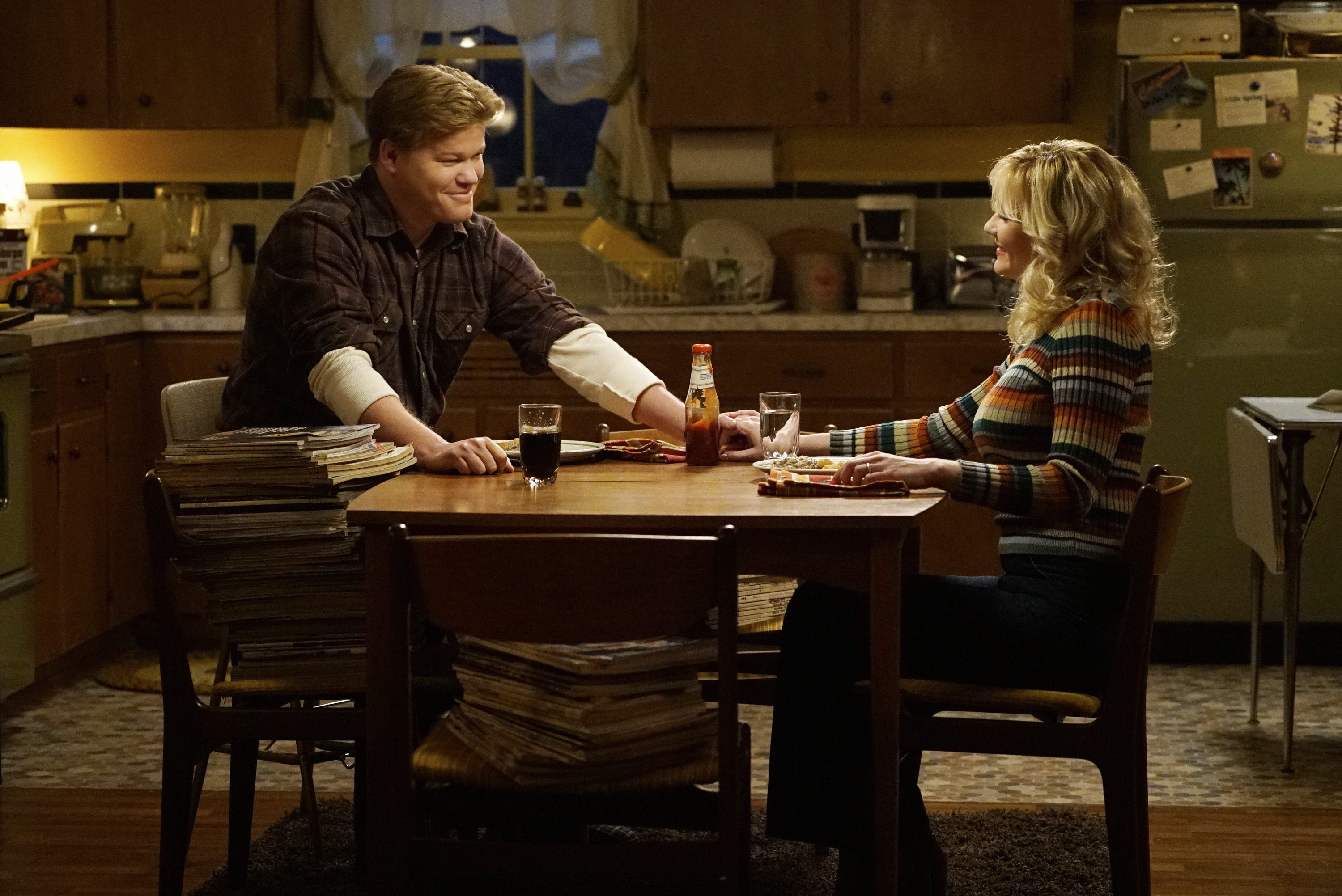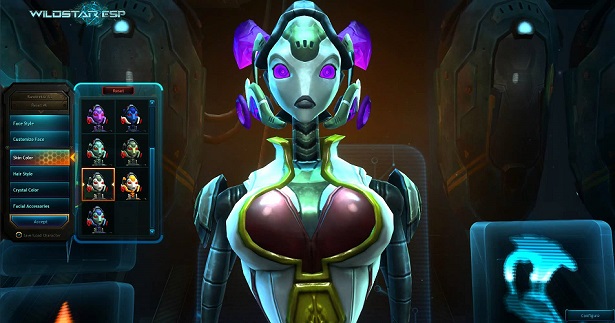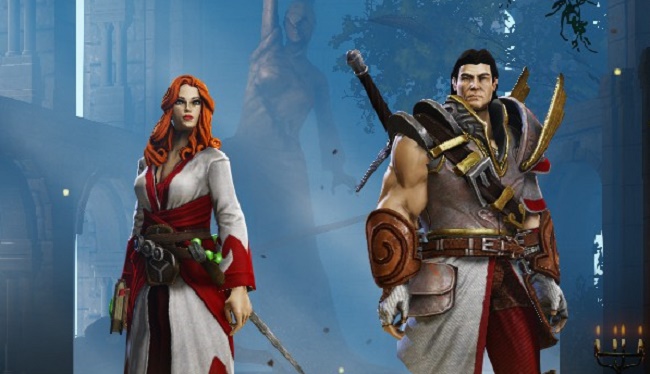It’s somewhere around 2001 or 2002. My twin sister and I have asked for a Game Boy Advance and Pokemon Silver for Christmas. My dad is not too happy about it. He tells us that gaming systems like that will make us “antisocial” and that games are something that should be enjoyed by everyone, including the audience. At this point in our lives, my sister and I haven’t figured out that it’s okay to point out that our brother routinely shuts us out of the living room or the basement when he plays games because he doesn’t want us watching. But Dad’s word is Law so we give up the hope of getting the system.
My grandparents get us a GBA anyway.
About a week later, my dad walks into the living room to see my sister perched over my shoulder as we travel through the Kanto region. We pass the game back and forth, aiding each other, making comments, picking names for our pocket monsters. Later, friends from school come over to trade and help us hunt down the Legendary Beasts.
My dad buys us the second GBA and Pokemon Sapphire for our birthday.
—
A quick definition. When my dad said antisocial, I believe he meant asocial. Games often get labeled as antisocial, which means “contrary to the laws and customs of society; devoid of or antagonistic to sociable instincts or practices.” Though the term might be evolving to reflect societal misuse, a better term, in my opinion, is asocial, meaning “avoiding social interaction; inconsiderate of or hostile to others.”
Personally, though, I don’t think games are either of these things.
Back in 2013, Nicole Marie wrote “Video Games and Social Bonding“. In it, she discussed a counter argument to “video games make people violent.” She talked about the aspects of games that bring people together. Tenets of gaming I agree with. Games are things I do with other people. Not in the sense of MMOs, per say (I have said this before, but I’m not a big fan of MMOs). But it used to be that I loved to game around other people. Sure, we all didn’t have to be playing the same thing, or the other people didn’t have to be paying attention, but games were a social activity. It probably came from my sister and brother and I collectively choosing games to play, delegating a player, and the other two being the audience. Or my friends coming over to watch me play Kingdom Hearts and Kingdom Hearts II and discuss the goings-on of the game. My best friends, to this day, still recount tales of how I beat Sephiroth in KHII, or how we improvised a drinking game (replacing the alcohol with cool whip) to get through parts of Persona 4.
And it didn’t matter if I was playing or watching. My best memory of my brother is the time we beat Halo 2 together. He was playing, I was his guide and watching. I felt that I was incredibly important in his life that day, because he said “I want to beat this together.”
Games were things I did with the people I loved.
Even after this became a paradoxical thing, because I started to care deeply about what people thought of my “skill” at games, and get very self conscious when I considered myself “bad,” I found myself wishing I had an audience. Not because I wanted someone to watch me play, but because I wanted someone to experience the game with me.
After my sister and I went our separate ways during college (we still went to the same college, mind you. I just…started gaming between the hours of like midnight and 4 am, because that’s about the only time I found free time, and she got sleep like a reasonable person), and my friends ended up all over the country, I found myself enjoying games, but missing something. The connection I felt with people while playing games was absent. Despite engaging on forums, starting some MMOs (and then dropping them like a hot rock), and basically always playing single-player games, I found that I had a better time when someone was around. Shout out to my friend in Arizona, who would routinely Skype in to watch me play Final Fantasy XIII-2. I don’t think I would have had the same experience without her.
So my gaming sphere started to change, and though I loved to talk about games with people (almost exclusively, I’m sure it got annoying), it wasn’t the same. I doubted it really would be again. I mean, who’d be around all the time to discuss games with me?
Enter, stage left: my partner.
—
My partner and my relationship began long distance. He was only about an hour and a half away, but when one side is in school and has no car and the other is searching for a job in their field, well…the distance might as well be days. However, it was easy to see that our interconnectivity was going to stem from technology (specifically Skype) and gaming. In between job searches, he almost exclusively played games. And I lived vicariously through him, as this was about the time that gaming stopped for me completely (I honestly ran out of time). We circumvented the feelings of loneliness with in-depth gaming discussion.
When he moved back to West Lafayette and we began being able to physically be around each other, that didn’t really stop us from using games to connect. I finally got a 3DS and the first set of games I got were ones that I could play solo, but also had Co-Op modes. On nights where he wasn’t over, or I couldn’t get to where he was, we’d play Pokemon, Animal Crossing, Monster Hunter, or Fantasy Life together and talk over Skype. It was almost as good as being in the same room. Sometimes I couldn’t tell, through the game and the conversation, it really was like he was there.
To say games are pivotal in my relationship with him is an understatement. In many of my articles I’ve left anecdotes of conversations with my partner, and how gaming helps us have many discussions over feminism, culture, emotional responses, you name it. Sometimes, games provoke such a response that he (or I) will learn something about the other that wouldn’t have normally come up.
The first single player game that he insisted I play was NieR. He wanted to know how I’d react to it, what I’d think of it. It was an echo to the days of playing Kingdom Hearts with my sister. Those many nights of playing that heart wrenching train wreck are some of the best memories of our early relationship. A time otherwise marred with death, separation, and depression.
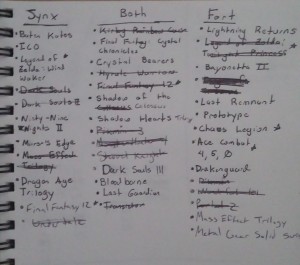
With my partner, I was also privileged to be a spectator to games. Which is honestly, sometimes, my favorite place to be. I am not good at stealth, or first person shooters, or platformers. There were many games that, mechanics wise, I wasn’t interested in, but story wise, I was. We made lists. “Games to play together, games Jynx plays, he watches; games He plays, I watch.”
When we moved in together, couch co-op became a staple. Various Kirby games, Super Mario Galaxy, Shovel Knight (though I honestly don’t recommend this one co-op. It doesn’t matter how good you both are, that shit’s challenging), you name it.
And Ilomilo, a puzzle game about dealing with distance (and, perhaps a bit more hidden in the game’s narrative, mental illness) in a relationship between two people. It was the last game we played together before he left, and one of the first games we played together when we met.
My partner is currently 4,000 miles away from where I am. Though the distance will only be maintained for a year, it’s still hard. And when I think of how far away he is, I’m sad, but I do think of Ilomilo, and how, despite time and distance, they always found their way back to each other.
—
Unfortunately (but expected on my part), the day after my partner left, my gaming went almost to zero. Making commentary to an empty room just reminded me how lonely I was. There is a six hour time difference between my partner and I, so gaming together can’t always happen (actually, very rarely. Sometimes I get off work and he’s already asleep).
Gaming had become something that was ingrained in my relationship with my partner that I no longer could find the motivation to do it on my own. It made me reflect on my other relationships: the strongest ones I have are the ones where we game together.
My roommate, and a mutual friend of my partner, moved in in October. One of the first things we started doing was playing/watching Bloodborne together. Like, within a week. He and I have learned so much about each other simply because of commentary that game evokes. While he doesn’t fill the emptiness that was created by the physical distance between my partner and I, having a relationship that fosters and builds off of gaming has slowly helped manage my depression and play games again.
—
The quote this piece is named after is from the opening words of Kingdom Hearts.
“Thinking of you, wherever you are
We pray for our sorrows to end,
and hope that our hearts will blend.
Now I will step forward to realize this wish.
And who knows,
starting a new journey may not be so hard
Or maybe it has already begun.
There are many worlds.
but they share the same sky
one sky, one destiny.”
While that game refers to distance over space and time, between worlds and people, it always reminds me of my friends around the world. People I love, and how games have made me closer and helped me form stronger relationships. It made me think back to how my dad insisted that gaming would make me asocial, and how just the opposite occurred.
Gaming is a way for me to be social.

